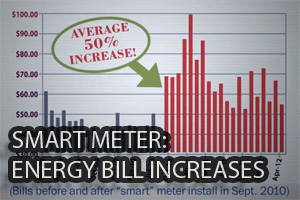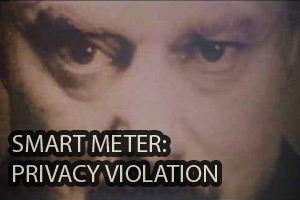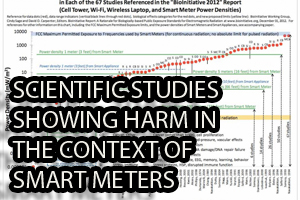January 03, 2016
Article from: http://www.thetimes.co.uk/tto/business/industries/utilities/article4655613.ece
An £11bn project to install more than 50 million smart electricity and gas meters in homes is a “ghastly mess” that will not work, according to a leading figure in the energy sector.
Alex Henney has written to Amber Rudd, the energy secretary, warning that the rollout, due to start this year, is a disaster in the making.
Mr. Henney, who advised a previous Conservative government on the privatisation of the electricity market and is a former director of London Electricity, said that at best the scheme would be regarded as a waste of money.
In his letter, seen by The Times, he wrote “At worst the system will not work, as per the NHS patient records system; at best it will suffer from extensive errors and glitches and will be regarded as an expensive waste of money. The only beneficiaries will be the meter manufacturers.”
Mr. Henney, a 34-year veteran of Britain’s electricity industry and the author of three books on the subject, said that the government’s plans were fundamentally flawed.
The rollout of smart meters between now and 2020 is set to be the biggest UK IT project for a generation, with the cost to be met by customers.
Data from Ovo Energy suggest that more than 60 per cent of households with the meters were not using them only a year after installation. British Gas, which has installed two million meters, has admitted that they save consumers 2 per cent on average – or £26 a year.
“The Department of Energy and Climate Change has devised by far the most complex rollout in the world,” he wrote in the letter, which was sent last month to George Osborne and to Oliver Letwin, a cabinet member and a confidant of the prime minister, as well as to Ms Rudd.
The system means that the meters are not being installed on a street-by-street basis at relatively low cost, Mr. Henney said. Suppliers’ adoption of different meters adds to the cost, as does a central co-ordinating body to administer the technology and transmit readings to suppliers, he added.
















